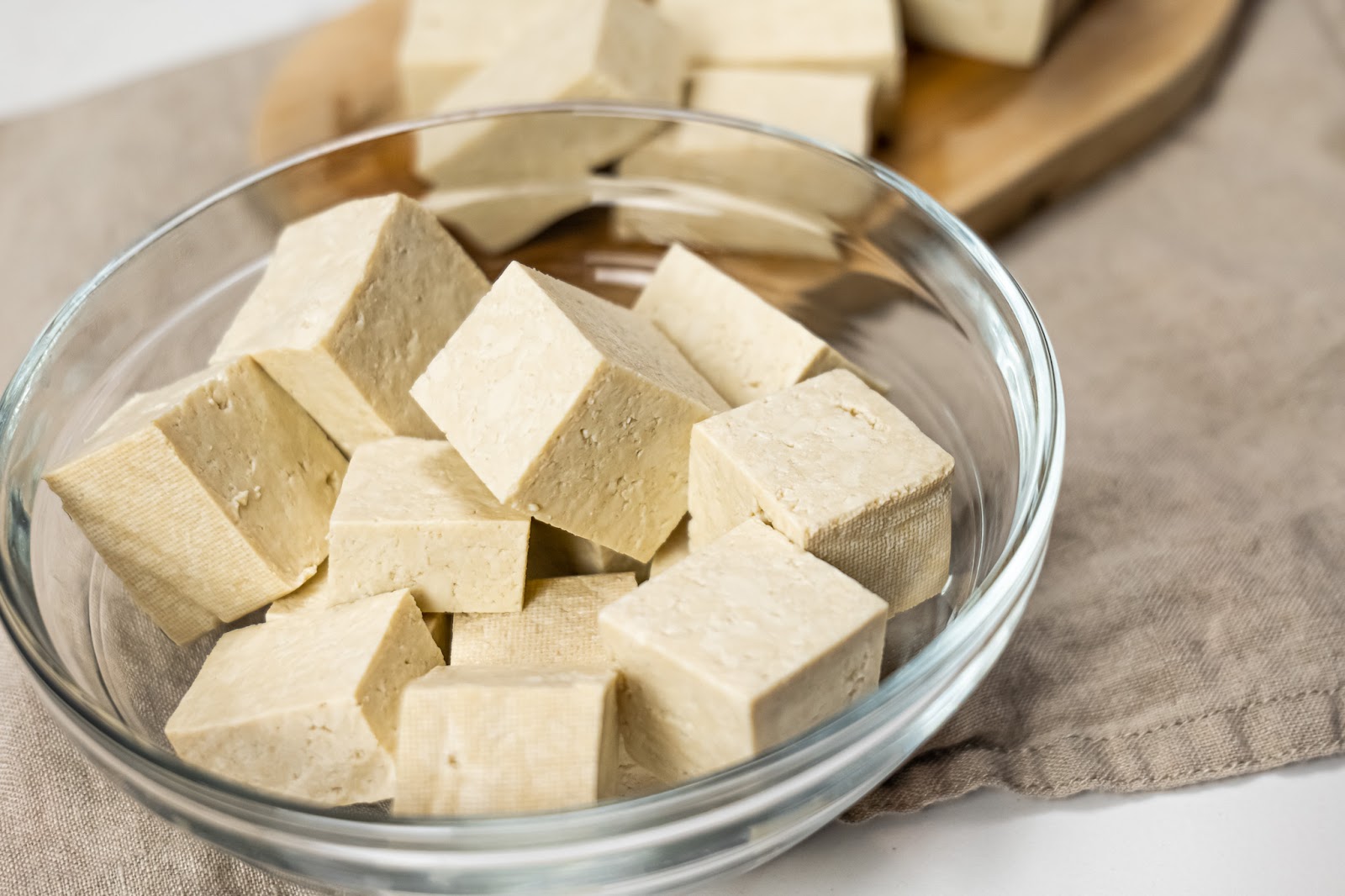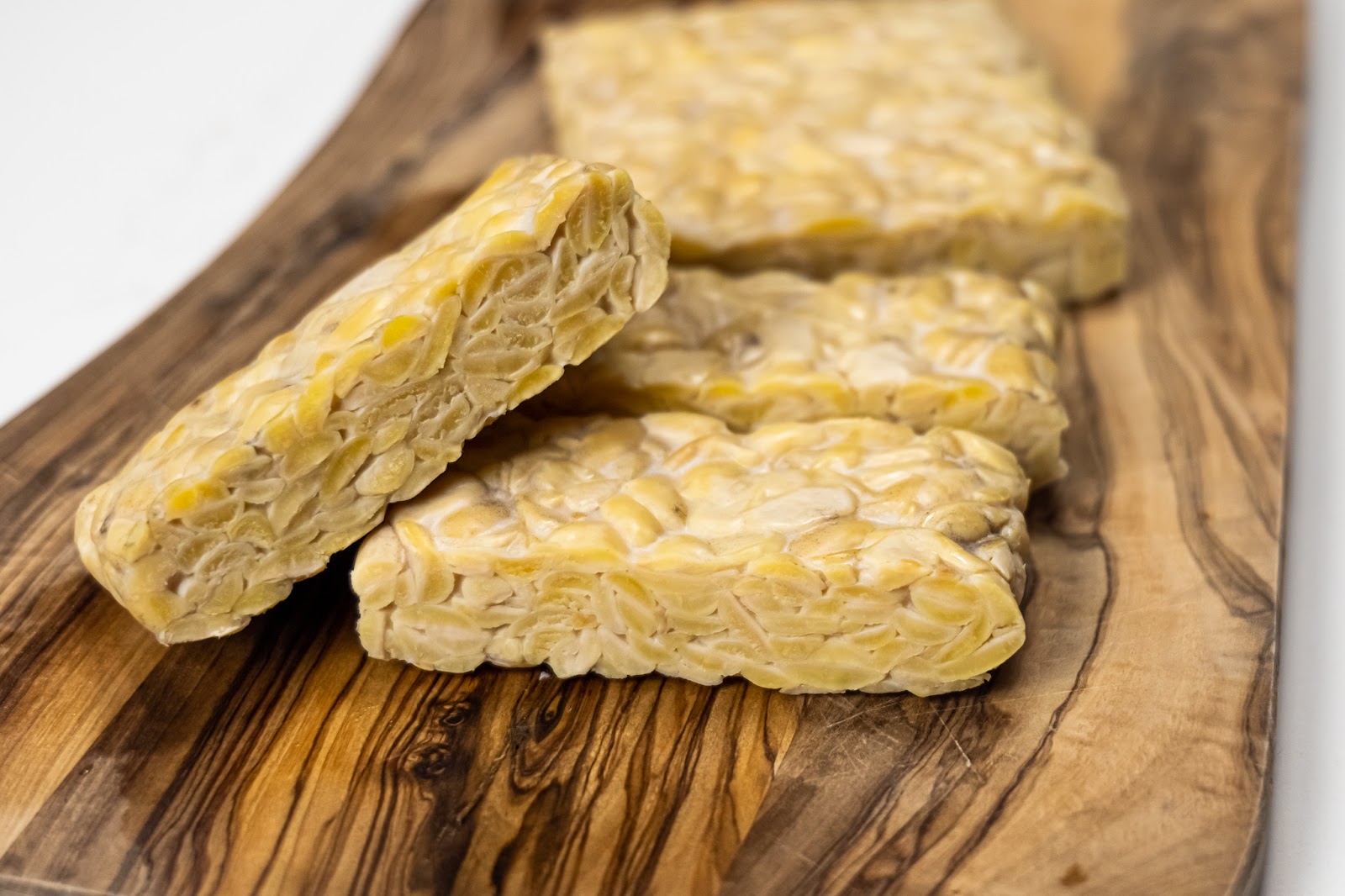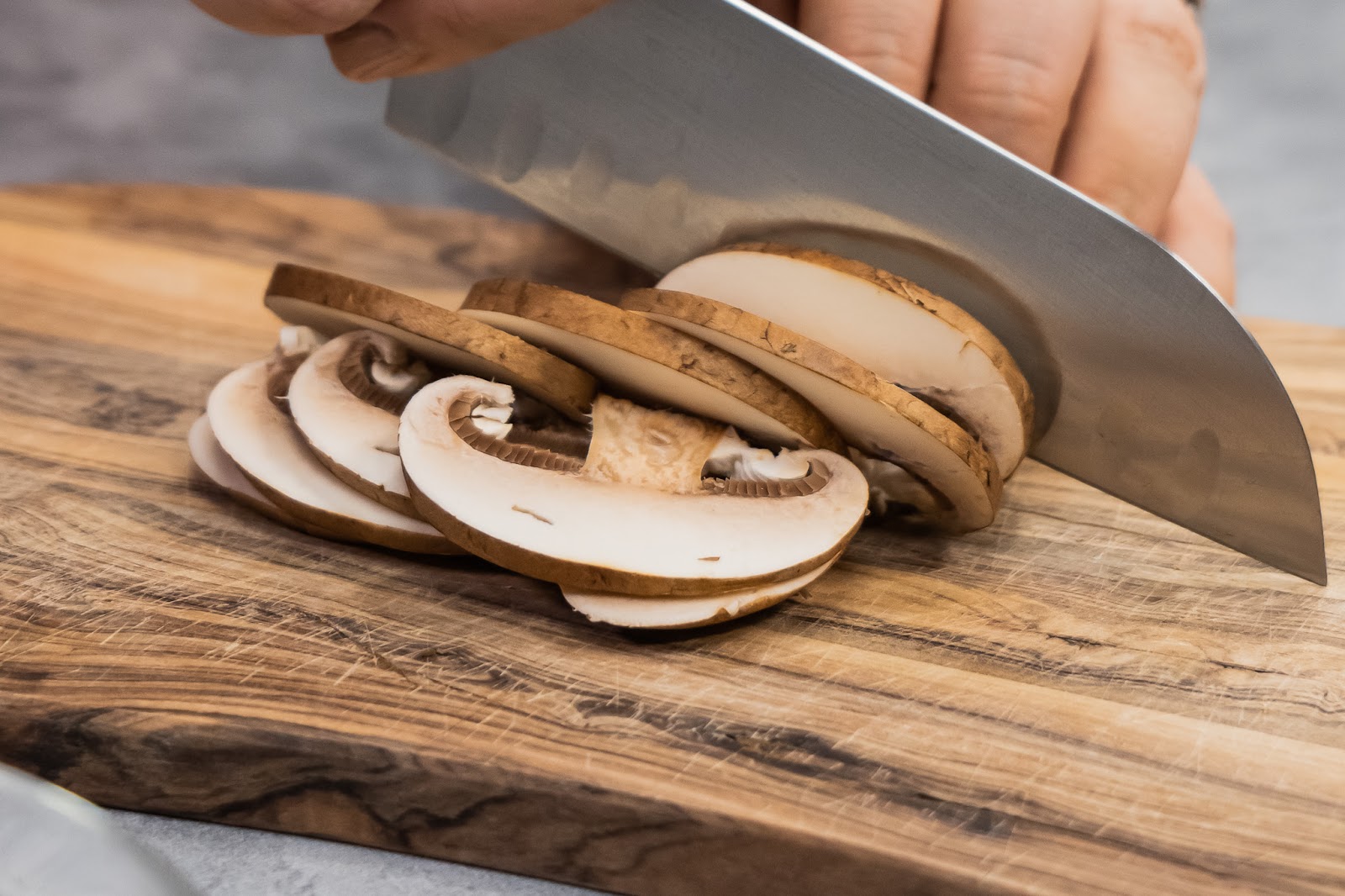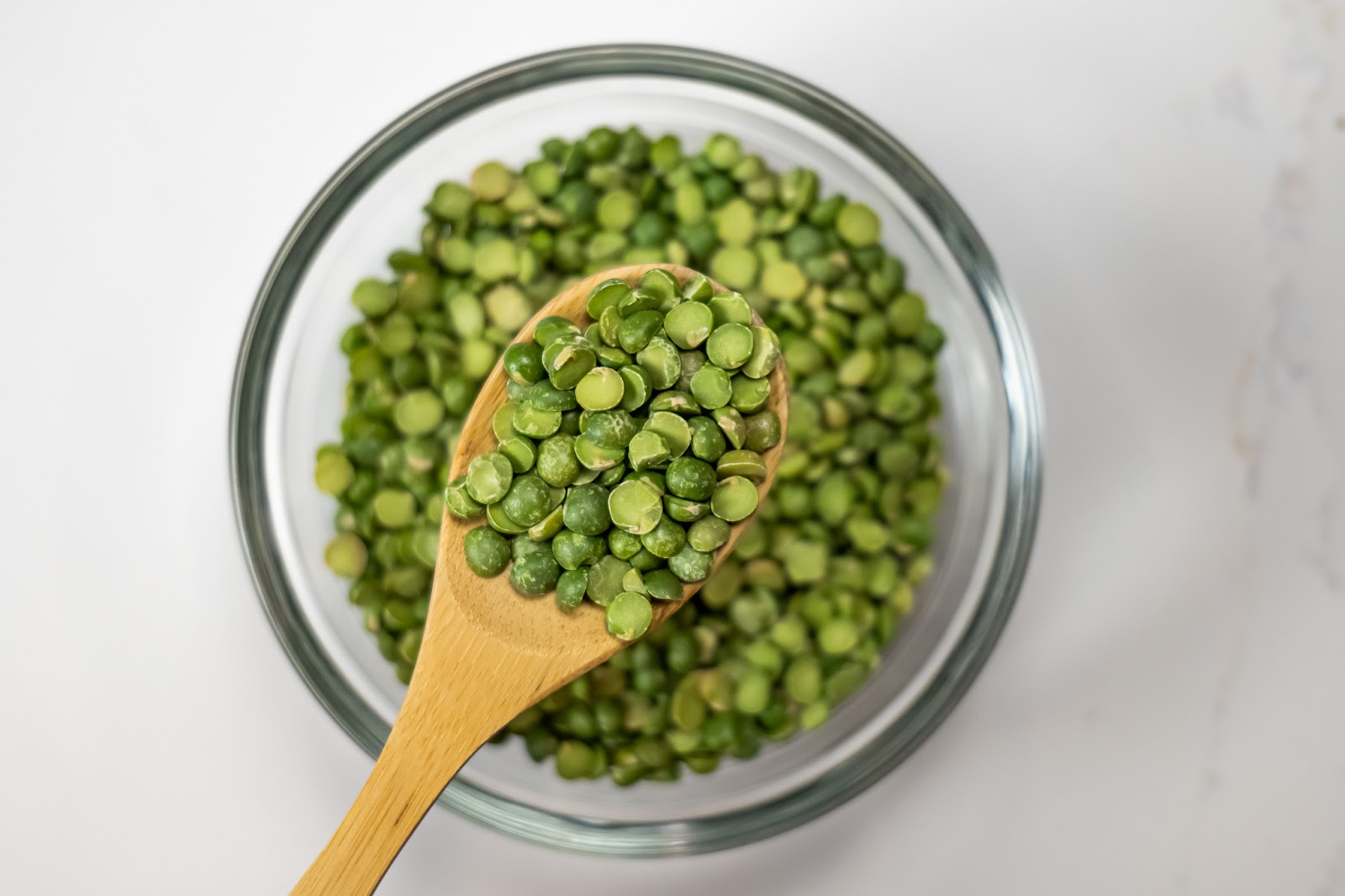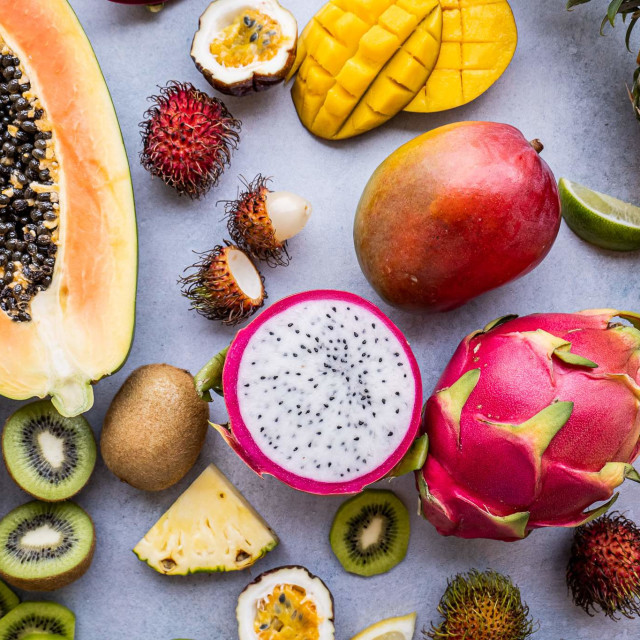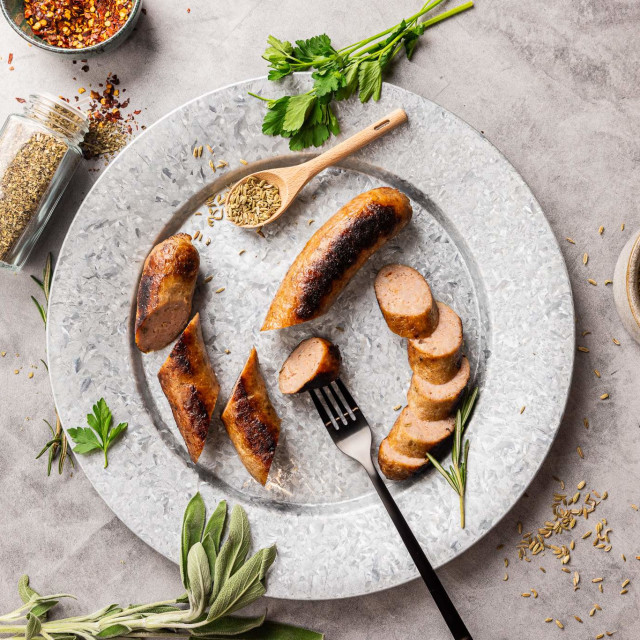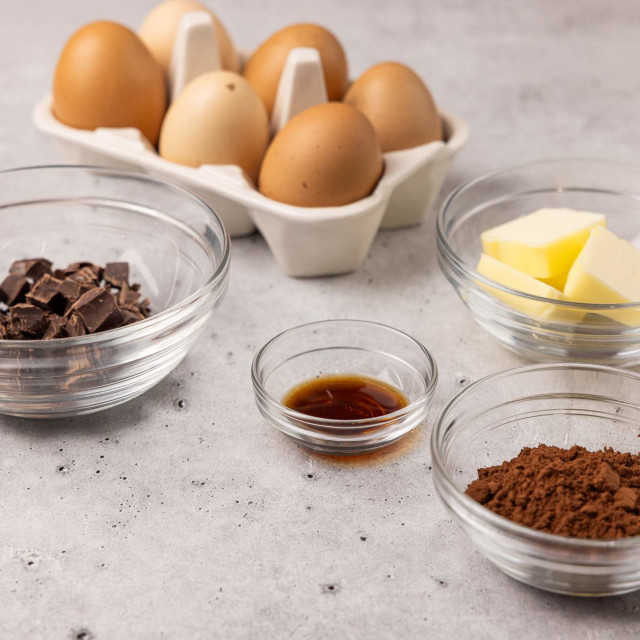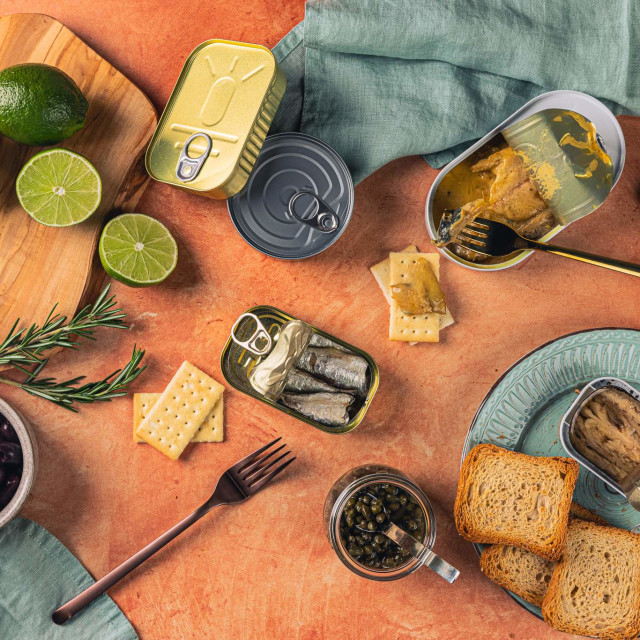Powerful Proteins for Meatless Meals: 10 Veggie Protein Sources to Try
Beginning a vegetarian or vegan diet can be overwhelming, especially considering all the proteins you're cutting out of your diet. However, that means you can consume delicious veggie protein sources to help you achieve your protein intake goals.
Try the ten protein-rich foods below to help create delicious, filling, meatless meals for a plant-based diet.
Tofu
Tofu is one of the primary sources of plant-based proteins for many people who aim to follow a vegetarian diet. It's made by congealing soy milk and pressing it into a block. Silken, firm, and extra-firm blocks of tofu are available, which differ depending on how much liquid is removed during the coagulation process. It has 15g of protein per 4 oz serving (cooked). Since it has a very subtle flavor, you can use it for any meal. For example, tofu scramble is an excellent replacement for scrambled eggs. Or, turn it into creamy tofu salad to replace egg salad in sandwiches. You can top tofu recipes with nutritional yeast for an extra protein boost and a cheesy flavor.
Tempeh
Tempeh is another excellent protein source you can include in your diet as a meat replacement. It's made by fermenting soybeans after they're cooked. It's then formed into a loaf shape, packaged, and ready to be eaten. Tempeh is high in protein and fiber, so it will help you stay full longer. Bonus, it's a complete protein, meaning it has all the amino acids. It's great for sandwich and salad recipes. You can turn it into BBQ tempeh, tempeh fajitas, and more.
Seitan
This veggie protein is made from wheat gluten, which helps provide a more meat-like consistency. Seitan has a light flavor, so it's easy to use in many different savory recipes. It works well as a chicken replacement due to its similar texture. Each 1/4 cup of seitan offers 21 grams of protein. Try using this plant-based meat replacement to make recipes like seitan schnitzel. This alternative is a great choice for those who have soy allergies or sensitivities since it is naturally soy-free.
Mushrooms
Low in calories and full of essential vitamins and minerals, mushrooms are excellent as a vegan protein source. Mushrooms are fruiting bodies of the fungus, which typically grow in damp, dark locations. Wide varieties of mushrooms are available, which increases the number of recipes you can create due to texture differences. For example, you can shred king oyster mushrooms to replace shredded pork in recipes. You can use mushrooms in other recipes like mushroom stroganoff and vegetarian mushroom wellington.
Hemp Seeds
These small white seeds are a complete protein source as they have all nine essential amino acids. They provide 6.5g of protein per two tablespoons. Use these protein-packed seeds to make vegan sauces, dairy-free hemp milk, or baked goods, like hemp seed bread. They're easy to add to salads or smoothies; you can simply sprinkle them on top. These seeds also have other essential nutrients like iron, vitamin E, and manganese.
Cooked Lentils
Although lentils have a similar consistency to dried and cooked beans, they're not beans. Lentils are related to beans, as they're both in the legume family. These legumes are rich in fiber, protein, and potassium. While some plant-based protein is more processed, lentils are a great natural option. Plus, they're naturally gluten-free. Typically, lentils will come dried and packaged in a bag. This form of lentils allows you to more easily control the sodium level in your dishes, as you'll add the amount of salt you desire while rehydrating them. Add lentils to soups, stews, and sauces like lentil and mushroom ragu. You can also make a filling vegetarian lentil paella. If you're focusing on a low-carb diet, lentils may not be a great source of plant protein for you as they have about 20g of carbs per half cup.
Black Beans
These nutritional powerhouses have fiber, carbs, and protein which help you feel satisfied during mealtime. Plus, like lentils, black beans are unprocessed. While you can use the canned variety for quicker prep time, the uncooked variety will help you adjust the sodium content in your recipe. For every cup of black beans, there is about 15g of protein. Black beans are great in savory and sweet recipes for a protein boost. For example, you can use them to craft black bean hummus or rich black bean brownies.
Chia Seeds
Chia seeds are tiny black seeds that are versatile and packed with nutrients. They have 3.5g of protein per two tablespoons. You can use chia seeds as a replacement for eggs in baked goods. Or, create a healthy chia seed pudding for breakfast topped with fruit. It's best to soak them before adding them to recipes to avoid digestion issues.
Plant-Based Protein Powders
Using plant-based protein powders is a fantastic way to ensure you get enough protein throughout the day. While you can create a protein shake with water or dairy-free milk, there are many other ways to use vegan protein powders. For example, you can use protein powder to make a high-protein granola or vegan pancakes with protein. The amount of grams of protein per serving varies with protein powder, depending on the protein source (pea, hemp, etc.). However, you can expect it to be around 21g of protein per scoop.
Plant-Based Protein (Chicken, Sausages, Beef, Etc.)
Transitioning into a plant-based diet can be easier by using proteins that already resemble meat. For example, on most grocery store shelves, you'll now find meatless burgers, chicken, ground beef, sausages, and more. These products are made from plants, tofu, soy, pea protein, and other plant protein sources. You can cook these similarly to regular meat, making them more convenient to enjoy. For example, you can craft Beyond Beef enchiladas or vegan meatloaf using these meat substitutes.
While it may seem overwhelming at first to change your lifestyle to include plant-based proteins, these replacements will help make a vegetarian or vegan diet much easier. Whether you prefer options that resemble meat or ones that don't, you'll find plenty of options that suit your needs. Plus, these options will help boost your overall nutrient levels since they're primarily made from plants.
